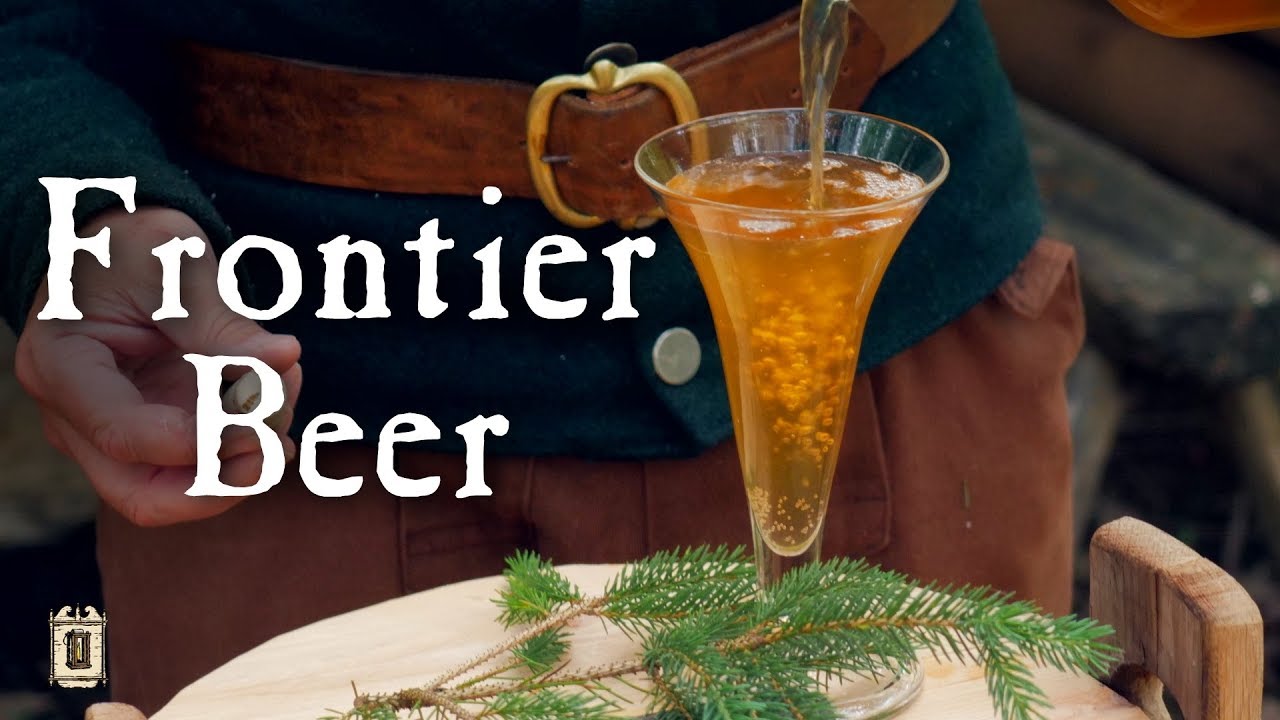Colonial Army Rations: Beer Every Day! – Spruce Beer In Early America

During the colonial era in America, the soldiers fighting in the war were provided with a rather surprising daily ration – beer.
Yes, that’s right, beer was a common staple in the diets of colonial soldiers, with a particular favorite being spruce beer.
Spruce beer was a popular beverage in early America, made from the tips of spruce trees, which were believed to have medicinal properties.
It was not only enjoyed for its unique flavor, but also for its ability to prevent and treat scurvy, a common ailment among sailors and soldiers at the time due to the lack of fresh fruits and vegetables.
Colonial soldiers relied on spruce beer to stay hydrated and nourished on the battlefield. It provided essential nutrients and calories that helped sustain them during long marches and battles. In addition, the alcohol content in beer helped purify the water, making it safer to drink when clean drinking water was not readily available.
While today we may find it odd to think of soldiers being given beer as part of their daily rations, it was a common practice in early America. In fact, beer was often seen as a safer and more reliable source of hydration than water, which could easily become contaminated.
Spruce beer was also a source of comfort and familiarity for soldiers far from home. The taste of the beer, with its hints of pine and citrus, reminded them of the forests and wilderness of their homeland. It provided a sense of normalcy and routine amid chaotic and dangerous times.
Overall, beer, particularly spruce beer, played a vital role in the diets and lives of colonial soldiers. It provided essential nutrients, hydration, and comfort during war and hardship. While our modern military rations have certainly changed over the years, it is interesting to look back and see how beer was once a crucial part of the daily diet of colonial troops.









How to make healthy eating unbelievably easy | Luke Durward | TEDxYorkU
Van Life with Wee Man | Converted Mercedes Sprinter
Beautiful Tiny Turf House in Iceland – Full Tour & Interview
Top 5 Ferocious Hornet Moments
Why Real Champagne Is So Expensive?